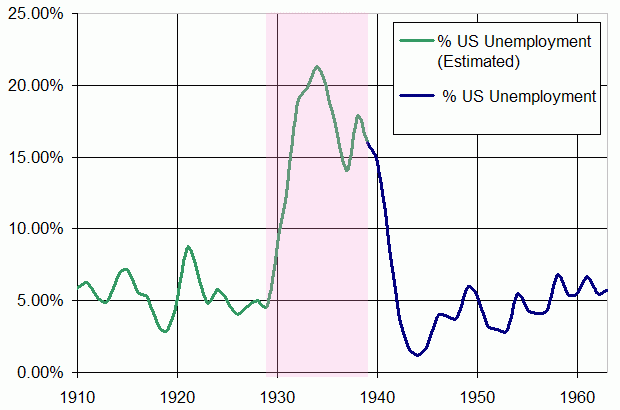Carla_Danger
Platinum Member
(Hint: It Wasn’t the New Deal)
Warning! All liberals – ignore this article. It will only cause you heartburn and perhaps stir up the ulcers you have due to your life of negativity.
The cruel irony of the New Deal is that the liberals’ honorable intentions to help the poor and the unemployed caused more human suffering than any other set of ideas in the past century.
More of the historical fabrication of FDR's presidency can be read @ The Real Story About What Ended the Great Depression
This is coming from the idiot, Stephen Moore, who lied and said that in the 80's, the low income people saw the biggest gains. LOL!





 you love kissing moonglows ass i see.
you love kissing moonglows ass i see. a very well know paid government shill there.yep its you.lol.
a very well know paid government shill there.yep its you.lol.

